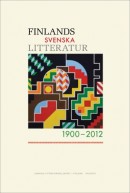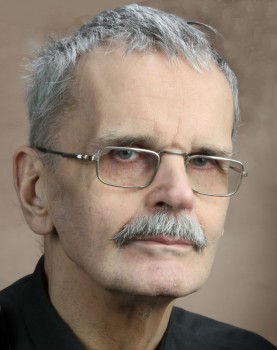Author: David McDuff
Finlands svenska litteratur 1900–2012 [Finland’s Swedish literature 1900–2012]
6 November 2014 | Mini reviews, Reviews
 Finlands svenska litteratur 1900–2012
Finlands svenska litteratur 1900–2012
[Finland’s Swedish literature 1900–2012]
Red. [Edited by] Michel Ekman
Helsingfors: Svenska litteratursällskapet i Finland / Stockholm: Atlantis, 2014. 376 pp., ill.
ISBN 978-951-583-272-6
€35.90, paperback
This history of Finland-Swedish literature is an updated version of the second volume of Finlands svenska litteraturhistoria (eds. Johan Wrede and Clas Zilliacus, 1999–2000), and it concentrates on the period from 1900 to 2012, with much new critical material relating to the years after 1975. Some 20 contributors under the editorship of Michel Ekman provide a diverse and inclusive overview of a literature that embraces poetry, prose fiction, children’s writing, essays and drama. The book traces the story of Finland-Swedish literature from the ‘fresh start’ of the turn of the 19th century, through the experiments of modernists like the poets Edith Södergran and Elmer Diktonius, to the work of present-day novelists like Monika Fagerholm and Kjell Westö. However, the emphasis throughout is on general lines of development rather than on individual authors’ careers. The authors discuss the relationship between the work of Finland’s Swedish-language writers and their Finnish-language counterparts in a perspective that not only views the minority literature as a part of the Finnish whole, but also considers it as a bridge between the literatures of Sweden and Finland – the subject of a concluding essay by Clas Zilliacus. The material is presented in essays subdivided in a readable way that combines factual information with critical and historical analysis.

